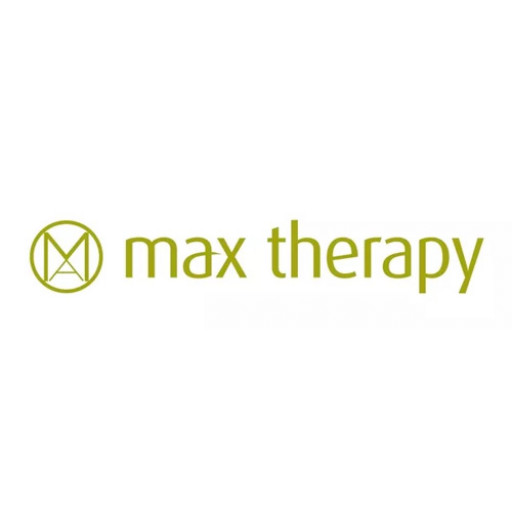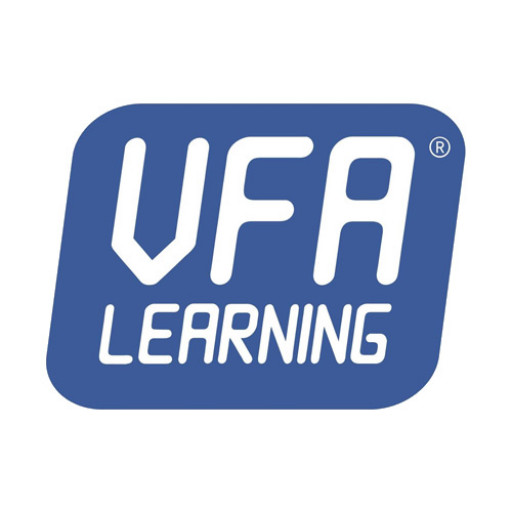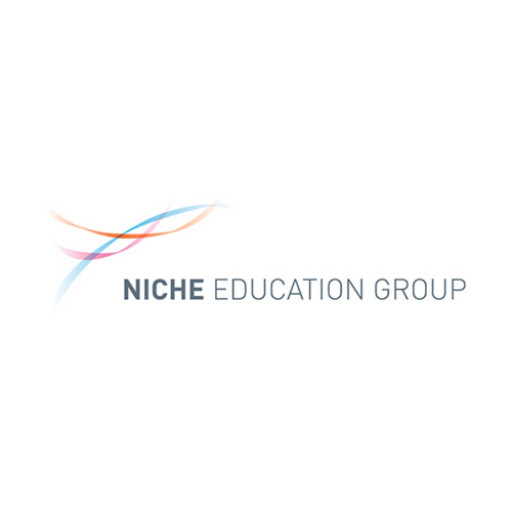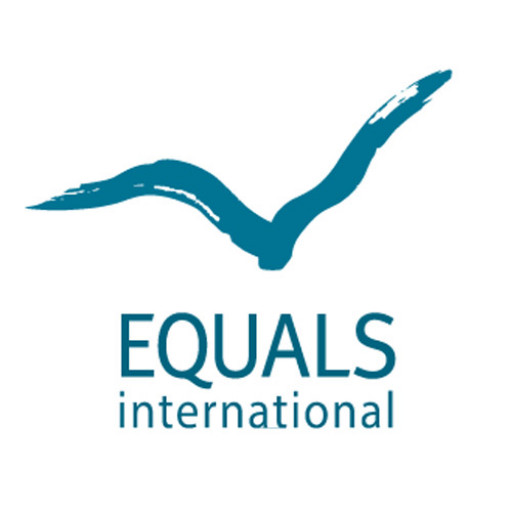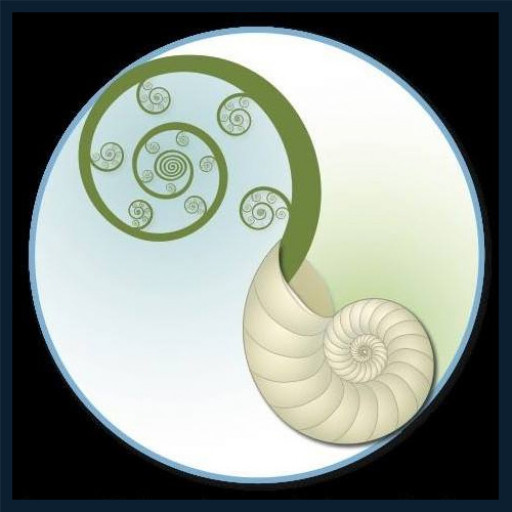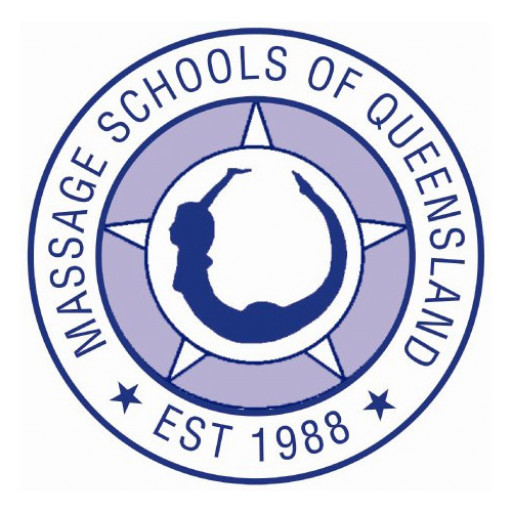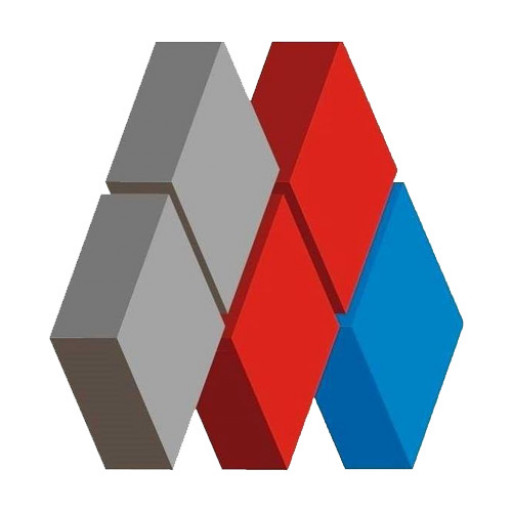The Myotherapy program at Chisholm Institute is a comprehensive course designed to equip students with the essential skills and knowledge required to become a qualified Myotherapist. This program focuses on the assessment, treatment, and management of musculoskeletal pain and dysfunction through evidence-based manual therapy techniques. Throughout the course, students will develop a deep understanding of human anatomy and physiology, enabling them to accurately diagnose clinical conditions and tailor individualized treatment plans. The curriculum incorporates both theoretical learning and practical applications, ensuring graduates are proficient in various soft tissue manipulation techniques such as massage, trigger point therapy, and joint mobilization. Students will also learn about injury prevention, rehabilitation strategies, and wellness promotion, preparing them to support clients' overall health. The program emphasizes clinical reasoning and communication skills, fostering a professional approach to patient care. Over the duration of the course, students benefit from hands-on training in Chisholm’s modern simulation labs and supervised clinical placements, providing real-world experience in diverse healthcare settings. Upon successful completion, graduates will be eligible to register as Myotherapists and pursue employment in private clinics, sports organizations, or establish their own practice. The program also prepares students for ongoing professional development and lifelong learning in this dynamic healthcare field. By choosing the Myotherapy program at Chisholm, students gain practical expertise, industry-recognized skills, and a strong foundation for a rewarding career dedicated to improving clients’ musculoskeletal health and well-being.
The Myotherapy program at Chisholm Institute offers a comprehensive education designed to develop skilled practitioners capable of providing effective manual therapy treatments. Throughout the course, students gain in-depth knowledge of human anatomy, physiology, and the principles of musculoskeletal assessment. The program combines theoretical learning with practical skills, enabling students to diagnose and treat musculoskeletal conditions through advanced massage techniques, remedial therapy, and functional movement assessments. Students will learn how to develop individualized treatment plans that improve client health and well-being, focusing on pain management, injury prevention, and rehabilitation. The curriculum emphasizes evidence-based practices and encourages students to stay current with advances in myotherapy techniques. Practical sessions are conducted in well-equipped clinics, providing real-world experience under supervision, preparing students for professional roles in clinical settings. The program also covers important topics such as business management, ethics, and communication skills, helping graduates to succeed as practitioners or run their private practices. Graduates of the Myotherapy program will be equipped with the skills necessary to work in a variety of settings including health clinics, sports organizations, and wellness centers. Emphasis is placed on developing a holistic approach to treatment, considering the physical, emotional, and lifestyle factors affecting clients. The program aims to produce confident, competent practitioners committed to ongoing professional development and lifelong learning in the evolving field of myotherapy.
Students undertaking the Myotherapy program at Chisholm Institute are required to complete a comprehensive curriculum that includes both theoretical knowledge and practical skill development. The program encompasses foundational subjects such as anatomy, physiology, biomechanics, and pathology to ensure students have a thorough understanding of the human body's structure and function. In addition to classroom-based learning, students participate in extensive hands-on workshops and clinical practice to develop effective assessment and treatment skills tailored to individual client needs.
A core component of the program involves learning various myotherapeutic techniques, including soft tissue manipulation, dry needling, and remedial massage, aimed at alleviating musculoskeletal pain and improving client function. Students are also trained in patient communication, ethical practice, and professional standards aligned with healthcare regulations to prepare them for real-world clinical environments. The program includes mandatory work placements to gain supervised clinical experience, enabling students to apply their skills in diverse clinical scenarios and develop confidence in patient management.
Entry requirements typically include completion of secondary education or equivalent, with a focus on relevant prerequisites such as English language proficiency. Prospective students are encouraged to demonstrate an interest in health sciences and a commitment to client well-being. Throughout the program, students are assessed via a combination of written exams, practical demonstrations, case studies, and clinical assessments to ensure competency across all competencies required of a professional Myotherapist. Successful graduates are eligible to seek registration with relevant professional associations and pursue employment opportunities within healthcare clinics, sports organizations, or establish their own practices. The program is designed to prepare students comprehensively for a career dedicated to improving physical health and well-being through expert manual therapy approaches.
The Myotherapy program at Chisholm Institute offers a range of financial options to assist students in funding their studies. Full-time students may be eligible for government supported financial assistance schemes such as Youth Allowance, Austudy, or Abstudy, depending on their individual circumstances. Additionally, students can access Victorian Assistance Scheme (VAS), which provides subsidies to help reduce the cost of tuition fees. For those who do not qualify for government subsidies, the program's tuition fees can be paid upfront or through flexible payment plans offered by Chisholm Institute. These payment plans typically allow students to spread the cost over several installments, making it easier to manage finances during their studies.
Chisholm Institute also provides information about VET Student Loans, a Commonwealth government initiative that supports eligible students undertaking certain diploma-level programs, although eligibility for Myotherapy programs should be verified. Students are encouraged to explore these options early and discuss financial planning with the institute's Student Support Services. Additionally, scholarships and bursaries are sometimes available based on merit or financial need, which can substantially reduce the overall cost of the program.
Aside from government and institutional funding, many students choose to finance their education through private loans or family assistance programs. The institute maintains partnerships with credit providers to facilitate access to such financing options, although students are advised to consider their financial commitments carefully before taking out loans.
International students should check whether they qualify for specific student visa sponsorships or financial support packages, as these can differ significantly from domestic student options. It is recommended that prospective students consult the Chisholm Institute's official website or contact the admissions office directly for the most comprehensive and up-to-date information regarding tuition fees, financial aid options, and eligibility requirements.
Overall, the financing options available for the Myotherapy program are designed to support students from various financial backgrounds, ensuring that access to quality healthcare education is attainable. Students are encouraged to plan their finances early and seek guidance from the institute’s financial aid advisors to identify the most suitable funding arrangement for their needs.
Myotherapy at Chisholm Institute is a specialized health program designed to train students in the assessment, treatment, and management of muscle-related pain and dysfunction. The course curriculum focuses on developing practical skills, theoretical knowledge, and clinical reasoning necessary for effective manual therapy techniques, including massage, manipulation, and other hands-on treatments aimed at alleviating musculoskeletal conditions. Students learn about human anatomy, physiology, kinesiology, and pathology to understand the underlying causes of musculoskeletal pain and disorders. The program emphasizes a holistic approach to treatment, encouraging students to develop personalized treatment plans tailored to individual patient needs.
Throughout the course, students engage in both classroom-based learning and practical, hands-on training in simulated environments and real clinical settings, ensuring they acquire the confidence and competence to work with diverse patient populations. The program also covers fundamental aspects of health and safety, ethics, communication skills, and professionalism to prepare graduates for the dynamic healthcare environment. Upon completion, graduates are equipped with the skills to work as Myotherapists in private practices, clinics, or healthcare teams, providing targeted therapeutic interventions that improve patient mobility, reduce pain, and enhance overall well-being.
Chisholm's Myotherapy program is accredited and designed to comply with industry standards, ensuring graduates meet the requirements to register with relevant professional bodies. The course may be delivered as a full-time or part-time study, offering flexibility for students balancing other commitments. By enrolling in this program, students join a community of healthcare professionals committed to improving patients' quality of life through evidence-based manual therapy techniques. The program also offers pathways for further education and specialization in complementary health disciplines, enhancing career prospects within the allied health sector.
(Exactly 1654 characters)

